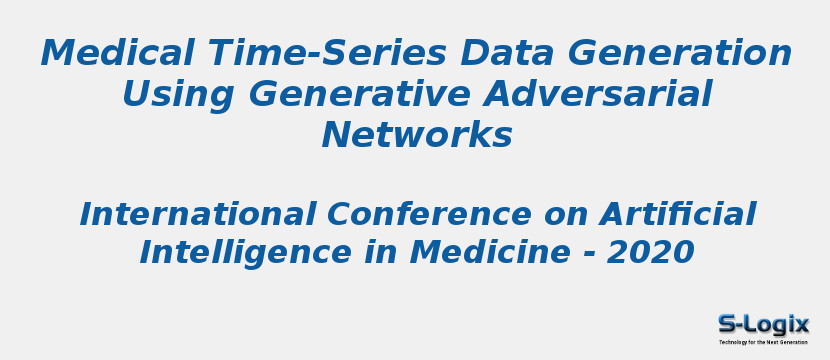Research Area: Machine Learning
Medical data is rarely made publicly available due to high de-identification costs and risks. Access to such data is highly regulated due to it-s sensitive nature. These factors impede the development of data-driven advancements in the healthcare domain. Synthetic medical data which can maintain the utility of the real data while simultaneously preserving privacy can be an ideal substitute for advancing research. Medical data is longitudinal in nature, with a single patient having multiple temporal events, influenced by static covariates like age, gender, comorbidities, etc. Extending existing time-series generative models to generate medical data can be challenging due to this influence of patient covariates. We propose a workflow wherein we leverage existing generative models to generate such data. We demonstrate this approach by generating synthetic versions of several time-series datasets where static covariates influence the temporal values. We use a state-of-the-art benchmark as a comparative baseline. Our methodology for empirically evaluating synthetic time-series data shows that the synthetic data generated with our workflow has higher resemblance and utility. We also demonstrate how stratification by covariates is required to gain a deeper understanding of synthetic data quality and underscore the importance of including this analysis in evaluation of synthetic medical data quality.
Keywords:
Author(s) Name: Saloni Dash, Andrew Yale, Isabelle Guyon & Kristin P. Bennett
Journal name:
Conferrence name: Artificial Intelligence in Medicine
Publisher name: Springer
DOI: 10.1007/978-3-030-59137-3_34
Volume Information:
